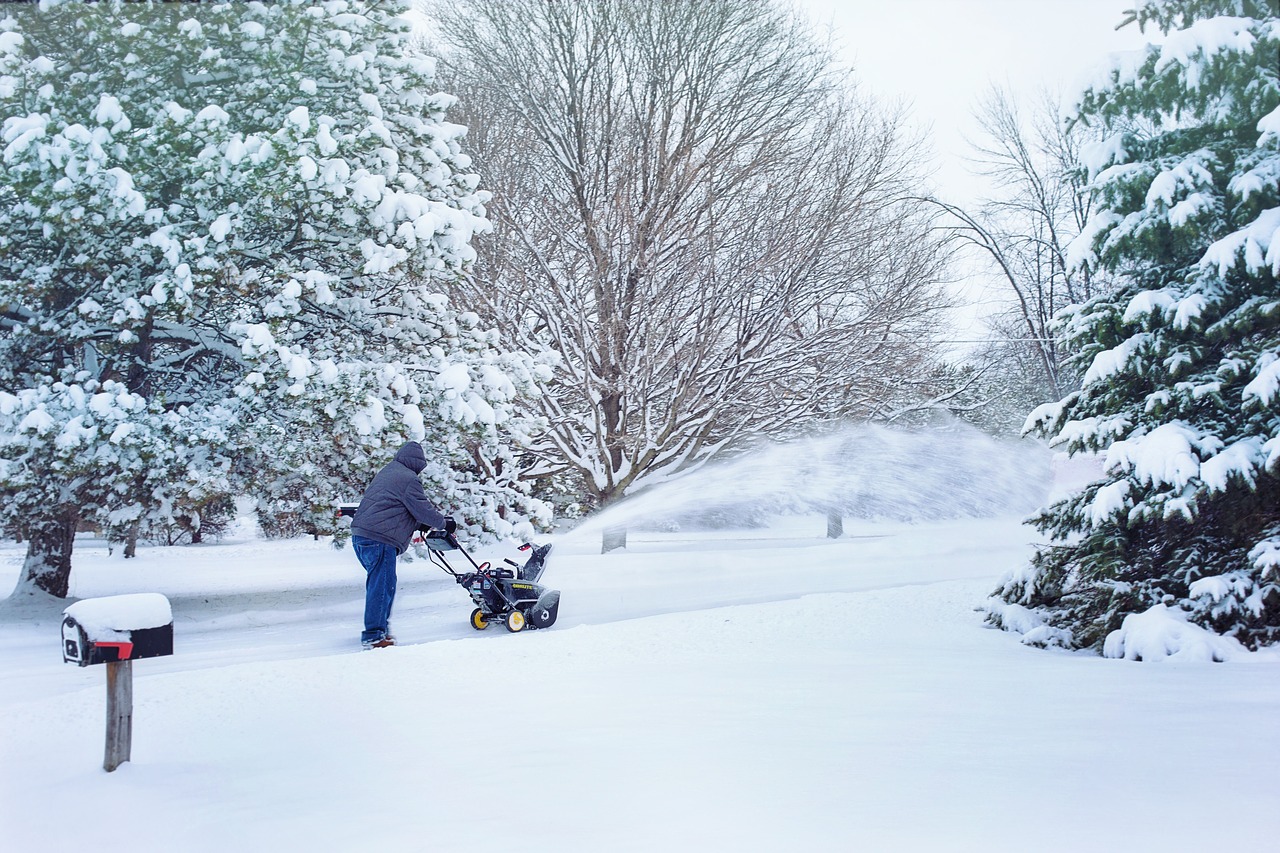Energy costs, like heating and air conditioning, are two expenses that peak at certain times in the year. If you’re creating a budget to get control over your finances, it’s a good idea to anticipate these seasonal costs in a way that you can save up for them ahead of time. In this manner, you don’t end up being caught short and your finances get on an even keel.
What Are Some Expenses You Can Anticipate This Winter?
If you haven’t tracked monthly expenses in the past, you might be flying blind. However, you can expect some additional costs for winter, from waterproofing your house to making sure the heat gets paid on time. Here are few such expenses, you can start to anticipate earlier in the year, when the coffers may be more flush with extra cash.
Holiday Spending
This is a biggie that is easily solved by having a Christmas club account at a credit union. However, it’s not the only way to save for gift expenses that come with the season. You can also put items away on layaway or put that money you would put into the Christmas Club account into a CD that matures right before the holidays.
Higher Utility Bills
Yes, it’s cold and dark outside and you are also probably decorating with more lights and having more parties. This inevitably means higher utility bills for the winter months. By using a level or budget energy plan, your utility company can determine what your total cost is per year (based on the previous year) and then divide it by 12 to get the same bill year-round. It doesn’t save you any money, but it can help you budget that expense without too many big surprises for the winter.
Waterproofing
It might mean adding some plastic to your windows or insulating a house more, but it’s well worth it in the savings you get on energy bills. For a bit of upfront investment, you reduce your energy needs during the winter. This can also include items that help you to get through the winter safely, like salt and shovels, to get through snowstorms.
Health Expenses
You might end up getting the flu or just need to eat up some Flexible Spending Account (FSA) money for health services. Use specific search terms like “Boise ID Dentist” to find a dentist near you in your network, and plan to get needed dental work done before the end of the year. FSAs also cover vision expenses, so go out and shop for a new set of glasses, if you have spare money in the account you need to spend on qualifying expenses. If you don’t have an FSA, you can often negotiate a plan that lets you pay over time, instead of all at once for some medical and dental needs. You can also buy insurance to help out.
Travel Expenses
These can cover additional repairs on a car to make sure it can brave the weather as you head to Grandma’s house for Christmas to airplane fare. Traveling is expensive, but almost always a certainty during the holiday season. You can get a few good deals by buying your tickets a few months in advance before fares go up. Use discount travel clubs and make sure to pull that AAA card out when you spend nights in hotels or need car repairs, for better rates.
If you plan your budget for these types of fluctuations, you’ll find that you won’t be caught short when it’s important to have spare cash. You’ll be able to enjoy the season more and still be assured you have enough money to pay the heat and buy Christmas presents at the same time. You won’t be upset when a blizzard moves in and you’ll also make sure to have your health and travel concerns thought out in advance, making life easier and more enjoyable.








